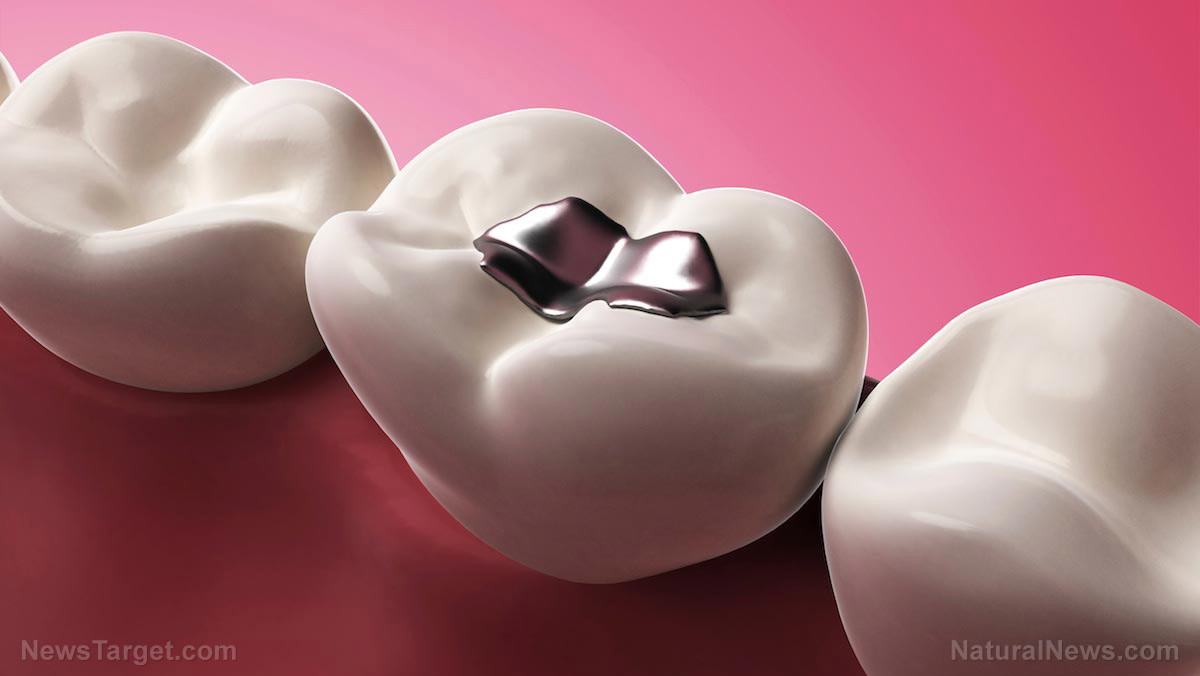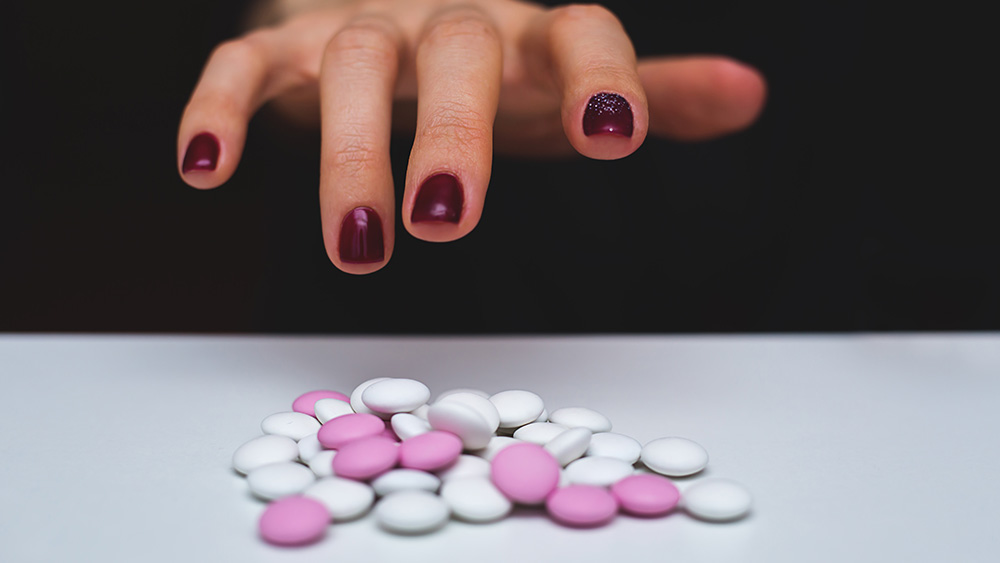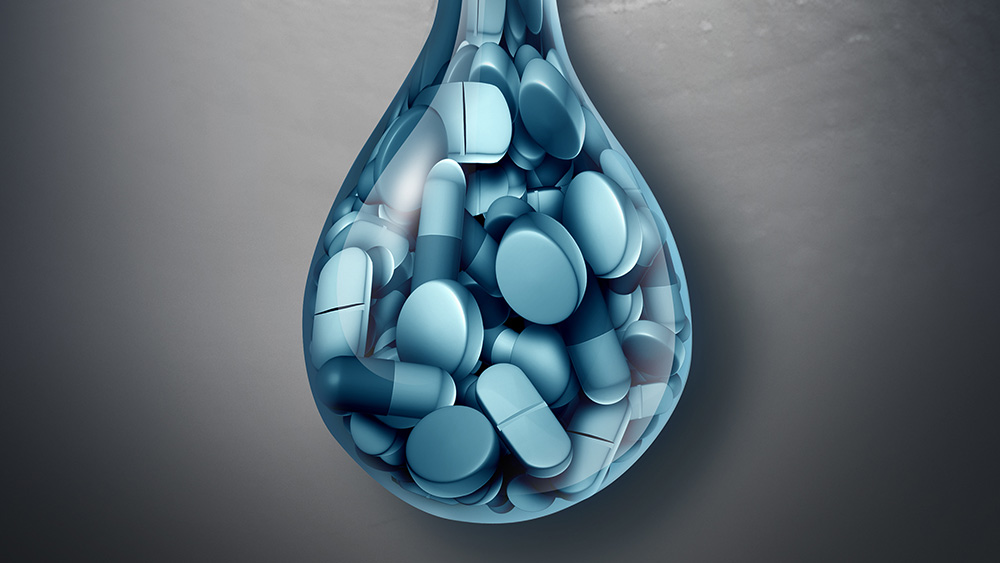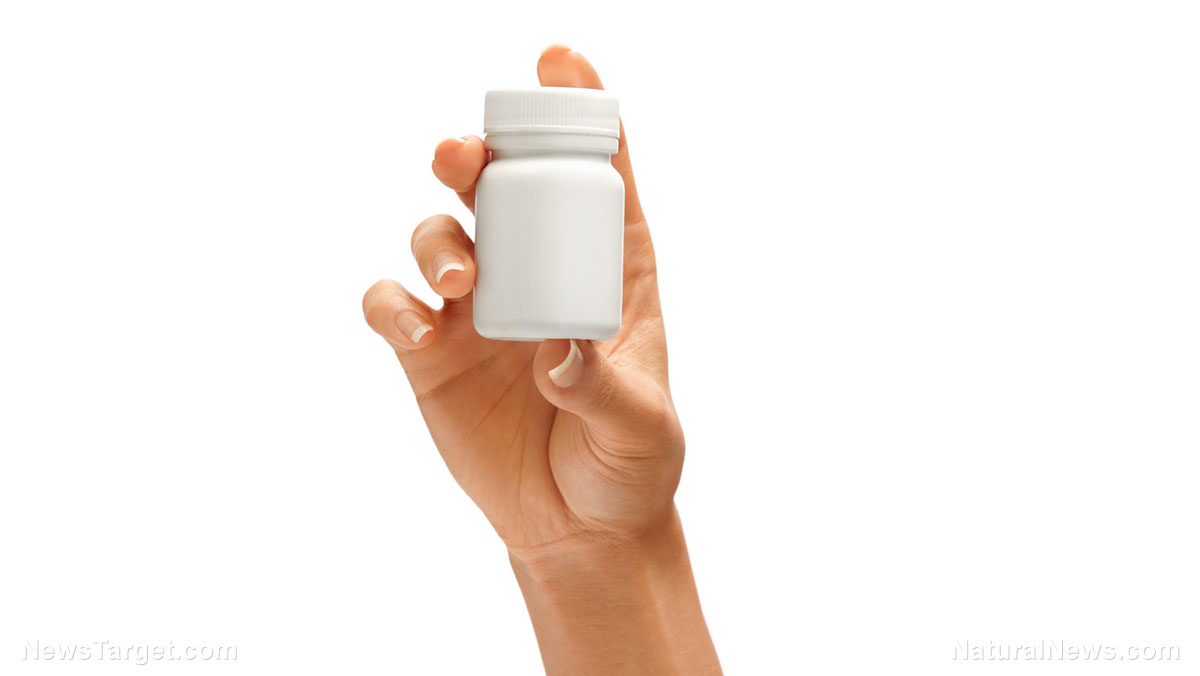Toxic metals used in medicine could be triggering diseases like multiple sclerosis and rheumatoid arthritis
08/29/2018 / By RJ Jhonson

Autoimmune diseases are scary. When you have them, it’s essentially like getting betrayed by your own body. Your own immune system, the very cells meant to protect you from disease-causing pathogens, attack your other healthy cells, causing your health to suffer. Over the past few years, autoimmune diseases like multiple sclerosis and rheumatoid arthritis have been on the rise and heavy metals could be to blame, particularly, those that are used in conventional medicine and dentistry.
The use of metals to treat or remedy various health problems is anything but new. Gold, for example, has been used for over 2,500 years ago as a way of securing teeth loosened by old age. Metals have been used more and more frequently since, for setting or replacing bone or as an ingredient in medical formulations, such as vaccines.
But many of these metals – aluminum and mercury, to be specific – have no use inside the human body. In fact, they are poisonous.
Aluminum compounds are used in medicine to treat stomach ulcers and kidney problems. They are also added to improve the effects of vaccines and various medicines. In metal form, aluminum is sometimes used in dental and other implants.
Considering what is known about mercury’s toxicity today, it’s hard to imagine it was – or is – used as a treatment for anything. But in ancient China, the liquid metal was ingested because of the belief that it was the legendary elixir of life. In Medieval Europe, people used it as an antiseptic and treatment for common diseases like syphilis and the pox.
Today, some countries continue to add mercury to their antiseptics. The use of Thimerosal, a mercury compound, is more widespread, with its being added as a preservative to vaccines and a wide variety of chemical medications.
Unfortunately, a large number of studies have, over the years, attested to the harmful effects of these metals on human health, with autoimmune diseases being just some of their many adverse outcomes. In fact, scientists have proposed the existence of a condition called autoimmune/autoinflammatory syndrome induced by adjuvants (ASIA), covering a wide range of illnesses from Gulf War syndrome to the side effects of vaccinations.
One notable example of ASIA was detailed in a case study involved a young woman. One year after getting a chin implant, the patient began experiencing high fevers, severe fatigue, anemia, and other health problems. Her implant was made of titanium and nickel.
The said patient was promptly given treatment that included steroids and methotrexate (to counter inflammation) and while her symptoms improved, they recurred every time her medication’s dosage was reduced. The symptoms disappeared only when the implants were removed.
Aluminum and multiple sclerosis
Multiple sclerosis (MS) is a disabling condition that affects the central nervous system – the brain and spinal cord – and even the eyes. Like other autoimmune diseases, it is chronic and has no cure. Some attribute it to genetics, but a study from Keele University offers proof to the contrary.
The researchers examined the urine of people with MS and found elevated levels of aluminum – up to 40 times more than the control. There were also increased levels of iron in the patients’ pee. The levels of silicon, considered to be the “antithesis” to the aluminum, were notably lower than those in control.
Mercury and rheumatoid arthritis
Meanwhile, a study conducted in Egypt found links between mercury intoxication and rheumatoid arthritis (RA). The researchers found that sufferers of RA had increased levels of mercury, but low levels of both copper and zinc in their blood. Furthermore, the patient that had the worst symptoms of RA also had the highest concentrations of mercury in their blood. The said patient also had a dental amalgam which, interestingly, contains mercury.
Go to DangerousMedicine.com and discover other risks of conventional medicine.
Sources include:
Link.Springer.com [PDF]
Tagged Under: Aluminum, Asia, autoimmune/autoinflammatory syndrome induced by adjuvants, bad medicine, disease causes, mercury intoxication, multiple sclerosis, rheumatoid arthritis, Thimerosal, vaccines




















